2020 Archives

Faculty Feature of the Month
December 4, 2020 - Jade Greear
We are excited to share the December HRCC featured faculty member of the month is Dr. Saleem Alhabash. Dr. Alhabash is a Teacher-Scholar Award (MSU, 2018) winning Associate Professor in the Department of Advertising + Public Relations, where he has served as a faculty member since 2011. In addition to his work educating students, he also spends his time as co-director of the Media and Advertising Psychology (MAP) Lab. Dr. Alhabash holds a Ph.D. in Journalism and an M.A. in Journalism (Strategic Communication) on a Fulbright Scholarship from the University of Missouri School of Journalism.
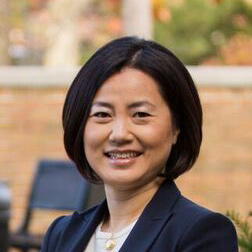
Faculty Feature of the Month
November 6, 2020 - Jade Greear
November's Faculty Feature of the Month is Dr. Young Anna Argyris, Assistant Professor in the Department of Media and Information. Her research focuses on the organizational use of social media to connect disparate parties, using information technology as a decision-making aid. She also focuses on health misinformation and social media influences.
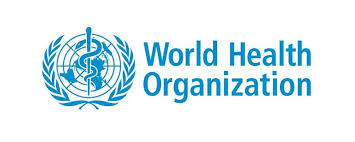
Health and Risk Communication Center WHO Position Statement
October 26, 2020
As the foremost institution for global health research and response, the WHO has a mandate to monitor public health risks, coordinate responses to health emergencies, and promote the highest standard of health and well-being for all. Since its founding over 70 years ago, in which the U.S. played an important role, the WHO has led the global response to health emergencies and global pandemics such as tuberculosis, HIV, malaria, zika, avian influenza, and SARS. The WHO is at the forefront of global collaboration on issues of human, animal, and ecological health.
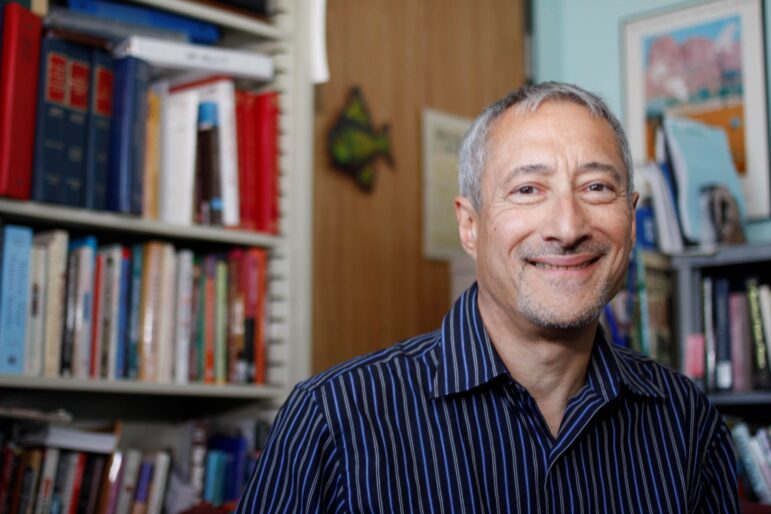
Decline of political coverage hurts democracy, fair elections and transparency
October 24, 2020 - Eric Freedman
My, how things have changed this campaign season.

Study suggests rural strategies help economies of shrinking cities
October 18, 2020 - Eric Freedman
You won’t find barns and silos in Detroit. Or herds of cattle. Or fields of soybeans, sugar beets or wheat. Even so, much of the city is now “ruralized,” a new study says, a phenomenon also visible in Flint, Pontiac and Saginaw.
MSU leads the way with new COVID-19 exposure notification app
October 14, 2020 - Samantha Tricarico
The MSU community has a new tool in the fight against COVID-19. The MI COVID Alert app can notify users if they have recently been in close contact with someone who has tested positive for the virus.
Interdisciplinary Researchers Team Up to Eradicate Guinea Worm Disease in Chad
October 2, 2020 - Minwoong Chung, Melissa Priebe (collaborator)
An interdisciplinary team of researchers at Michigan State University will work to help eradicate Guinea worm disease, in a project for The Carter Center. Their work will serve the Guinea Worm Eradication Program in Chad, a country where infections caused by Guinea worm larvae remain a serious issue.
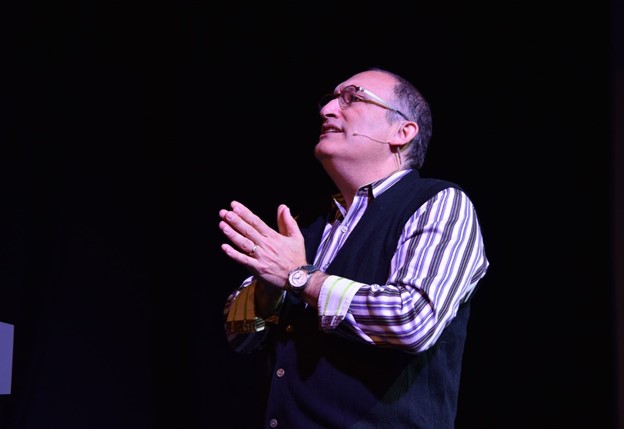
Faculty Friday - Dr. J. Scott Yaruss
October 1, 2020 - Jade Greear
The first Health and Risk Communication Center faculty member to be featured in the new Faculty Friday series is Dr. J. Scott Yaruss PhD, CCC-SLP, BCS-F, F-ASHA.

As teachers go online, internet access shapes academic performance of Michigan students
September 24, 2020 - Zholdas Orisbayev
As the pandemic forces more students online, the lack of affordable broadband internet could cause lower performance of rural Michigan schoolchildren.
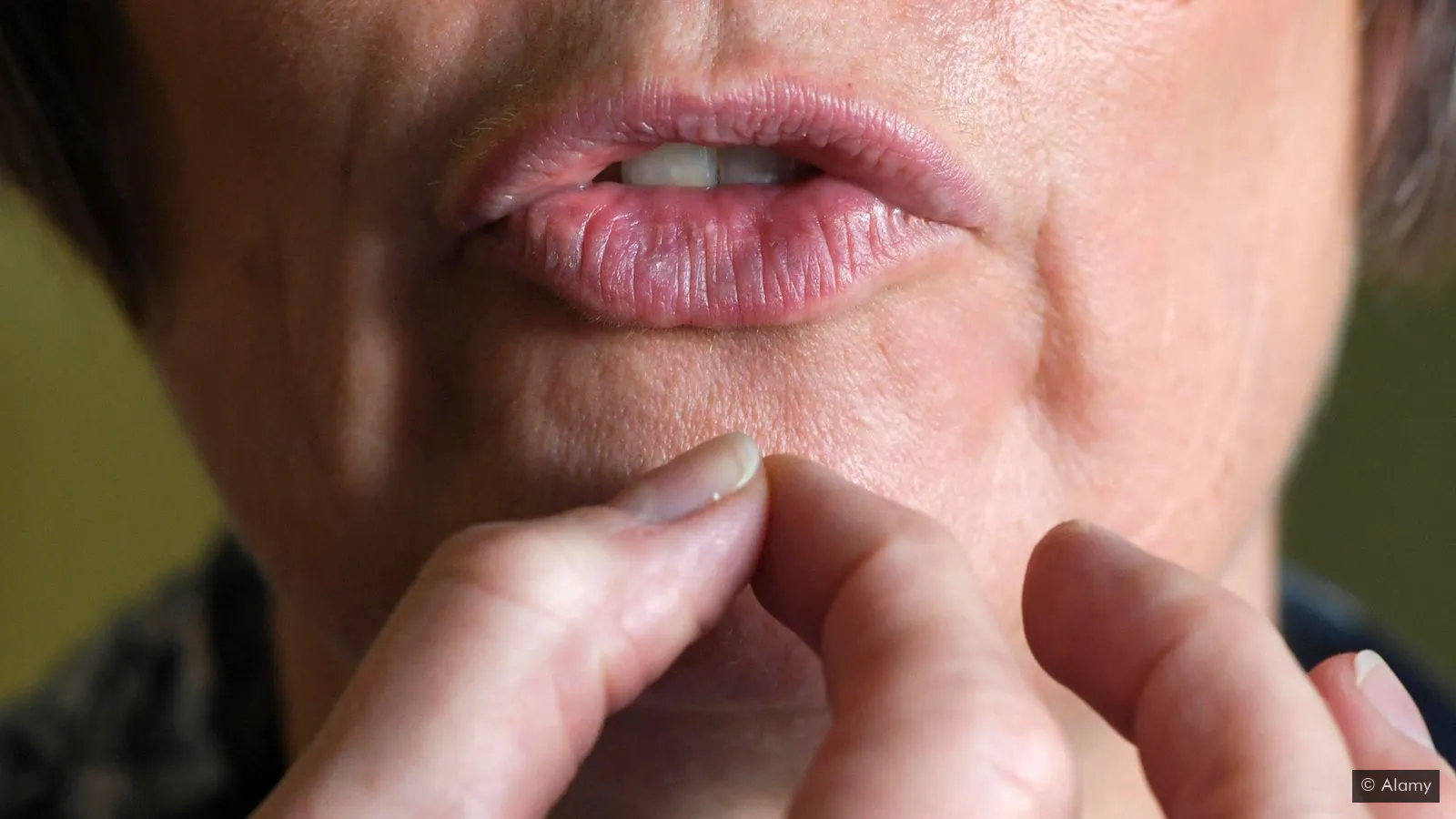
The mysterious cause of stuttering in the brain
September 21, 2020 - Amber Dance
After centuries of misunderstanding, research is finally tying the speech disorder which affects millions of people around the world to certain genes and brain alterations – and new treatments may be on the horizon.
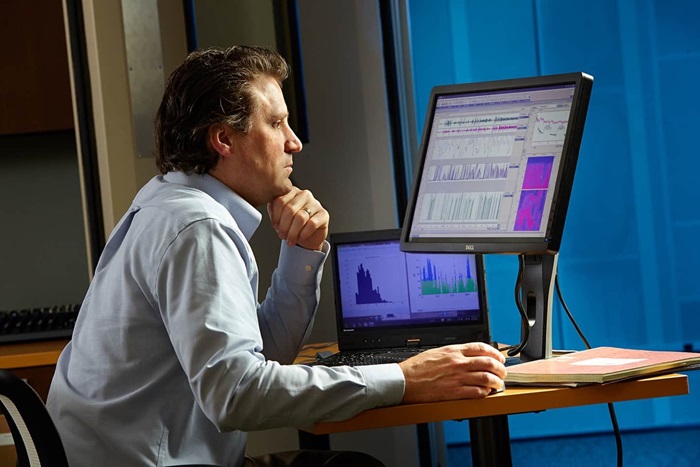
Raising a helping hand to teachers who lose their voices
September 10, 2020 - Melissa Priebe
Rooted in interdisciplinary training and a desire to improve ailing voices of teachers, Eric Hunter, associate dean for research in the College of Communication Arts and Sciences and director of the Trifecta Initiative for Interdisciplinary Health Research, has fostered and built teams to conduct important research to support professionals who rely on their voice. Now, he is an empowering figure in the Department of Communicative Sciences and Disorders at MSU, where he has been recognized as an MSU Foundation Professor.

BLM Supporters More Likely to Combat Hate in Videogames, Too
August 9, 2020 - Cecilia D'Anastasio
People who say they stand up to bullying and harassment in videogames are also more likely to support the Black Lives Matter movement.

Can’t get off of Snapchat or Facebook? Research reveals differences between platforms
July 21, 2020 - Caroline Brooks, Dar Meshi
You might think social media is addictive, but how do certain platforms measure against one another? Researchers from Michigan State University and California State University–Fullerton conducted the first study comparing problematic use between Facebook and Snapchat — while also uncovering surprising findings about users’ personality traits.

Michigan Inland Lakes Parternship Online Learning
April 19, 2020
Many lake organizations are offering online learning opportunities in 2020. These events welcome lake professionals and the public.
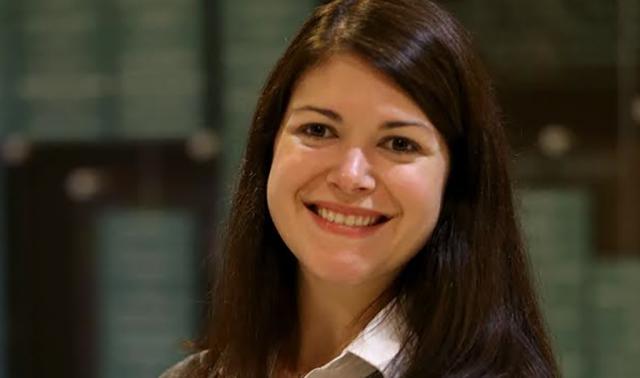
Faculty voice: Bree Holtz: Will telemedicine be here to stay after the coronavirus?
April 14, 2020 - MSU 360 Perspective
Telemedicine has been around since the 1950s (the term was coined in the 1970s) yet has never fully taken hold. Telemedicine services have long been promoted as a way to increase access to health care for those who might not have the clinical services in their area.

The Davies Project
April 8, 2020 - Ruth Shillair
In Greater Lansing, where 70% of the children who rely on the local sub-specialty clinics are on Medicaid, poor transportation options contribute to a 60% missed appointment rate for children with serious illnesses.

Brews and Views: Novel Coronavirus Pushes Our Limits— We Need to Push Back, Thoughtfully and Fast
March 26, 2020
The purpose of this month’s Brews and Views was to inform and help each other. To that end, IQ and the Center for Ethics assembled a group of experts to address and answer your questions about the full spectrum of challenges ahead as we face this new frontier in global society and global health.

4 ways to keep the peace with your partner during social distancing
March 18, 2020 - Caroline Brooks, Elizabeth Dorrance Hall
Relationships will be put to the test as partners navigate the uncharted territories of spending 24/7 together, becoming both partners and co-workers sharing the same space.
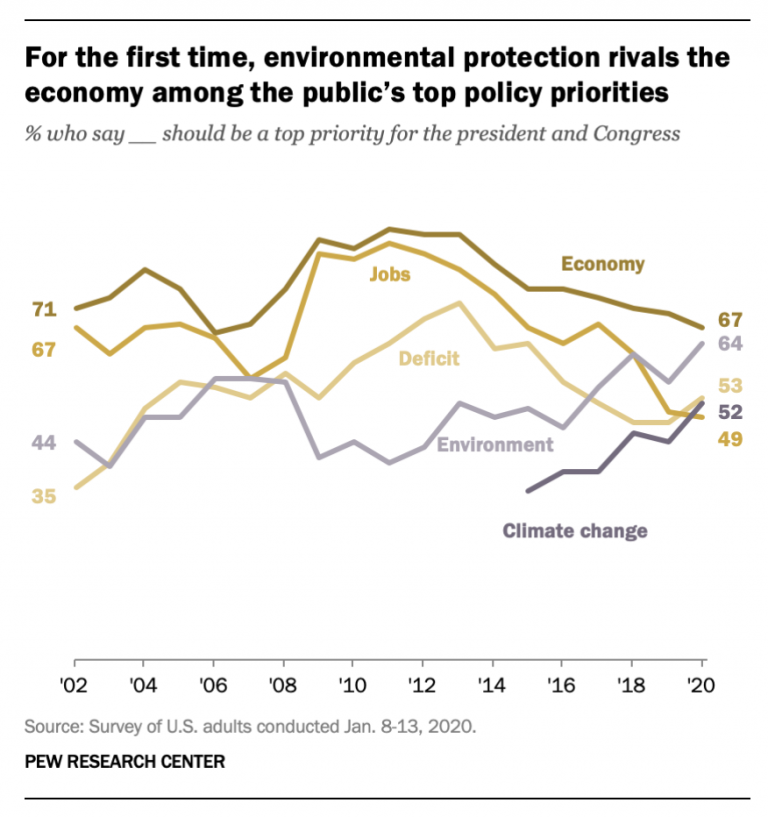
Partisan divide widens over environmental policy priorities
March 8, 2020 - Eric Freedman
A growing proportion of Americans see environmental protection and global climate change as policy priorities, while worries about the economy are shrinking.

Speaking of Psychology: Coronavirus Anxiety
February 15, 2020 - American Psychological Association
Fear about the coronavirus has gripped the world. While nearly all cases have been in China, that has not stopped people in other countries from worrying. This new illness certainly is frightening and needs attention, but it’s important to note that far more people die from an illness that’s all too familiar — the seasonal flu. Why are we so afraid of this novel coronavirus when we are much more likely to catch the flu? Our guest, Baruch Fischhoff, PhD, is a professor at Carnegie Mellon University and an expert on public perception of risk and human judgment and decision-making. He explains why we worry about new risks more than familiar ones, how to calm our anxiety and what are the psychological effects of being quarantined.

How dating apps changed the game for forming relationships
February 13, 2020 - SaMya Overall
Dating apps changed dating culture in major ways, providing a new path to form relationships.
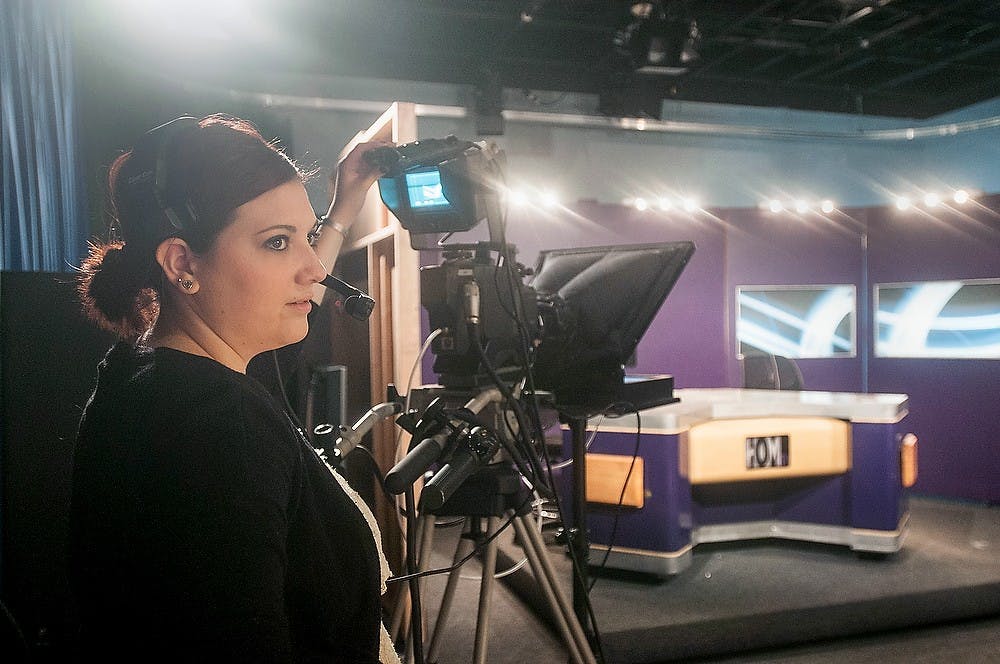
Michigan State awarded grant to develop a voice-mimicking A.I. prototype
February 11, 2020 - C.J. Moore
Artificial intelligence development on Michigan State’s campus? It’s more likely than you think.

Integration of robots into common spaces for social good
February 3, 2020 - John Castro
Robots have been seen in popular media since the 1950s, when they ran rampant in B-rated horror movies and sci-fi tropes. Now, robots are common in everyday spaces, from assembly lines to the electronics we use at home.

MSU Faculty Included on Team for Michigan Mobility Challenge
January 14, 2020 - Melissa Priebe, Caroline Brooks
A faculty member from Michigan State University’s College of Communications Arts and Sciences is part of a team that was selected to receive a $1.77 million grant to compete in the NAIAS 2020 Michigan Mobility Challenge

